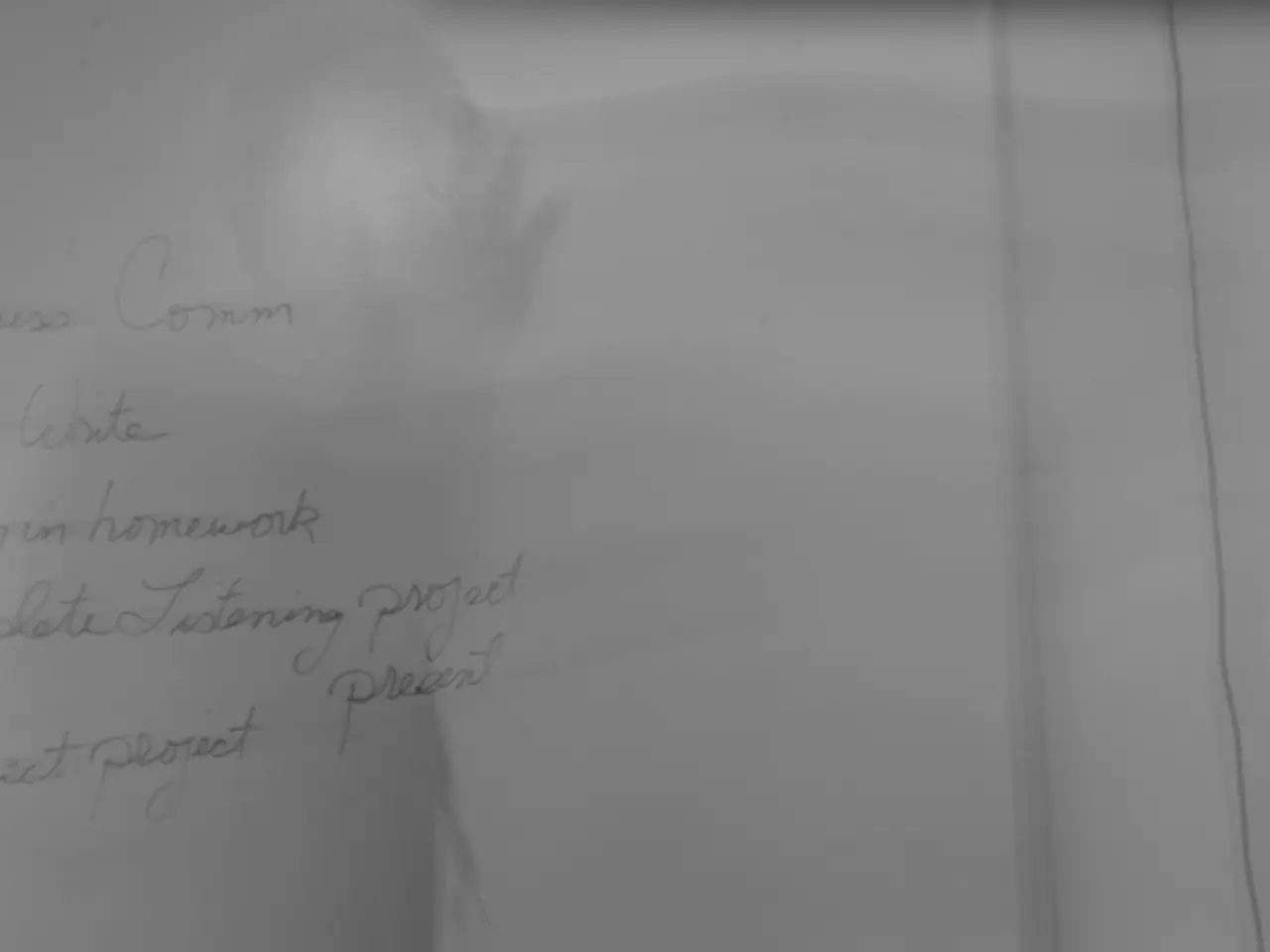Far-reaching reforms urged by Merz necessitate backing
In the halls of the German Parliament, a heated debate unfolded as Chancellor Friedrich Merz outlined his vision for economic and social system reforms. The 'Autumn of Reforms,' as he dubbed it, aims to stabilize social systems and establish a new consensus on justice.
Merz, leading the Christian Democratic Union (CDU), emphasized the urgency of these changes, stating that the decisions regarding reforms are about fundamentals, including the future of the country, how people live, work, and do business, and whether values will endure. He warned of the potential consequences of a peace dictated by Russia in Ukraine and criticized Russian President Vladimir Putin for testing limits, sabotaging, spying, murdering, and trying to unsettle.
However, not everyone in the Parliament shared Merz's optimism. Alice Weidel, leader of the Alternative for Germany (AfD) party and faction, criticized Merz for breaking election promises and 'warmongering' in Ukraine. Weidel, known for her sharp tongue, accused Merz of token measures and symbolic politics regarding migration policy and spoke of potential drastic cuts in social security benefits. Yet, this time, Merz remained silent in response to Weidel's accusations, unlike the July General Debate.
The Green faction, led by Katharina Dröge, sharply criticized the black-red economic policy. Dröge accused the CDU of co-responsibility for an unfavorable trade deal with US President Donald Trump due to pressure on the EU Commission. She also criticized the CDU for clinging to yesterday's technologies such as the internal combustion engine.
Heidi Reichinnek, the faction leader of The Left, echoed Dröge's concerns, warning about potential drastic cuts in social security benefits and labeling the planned reforms as an 'autumn of social cruelties.' She vowed that her party would not accept such measures.
Merz, however, remained steadfast, believing that Germany must feel improvement and that long-standing problems are being addressed. He sought support from the citizens, federal government, and this federal government for the planned reforms. He also announced his coalition's commitment to act in unity and with determination in tackling the challenges ahead, asking for patience in the reform process.
In the midst of this debate, Merz renewed the AfD's demands for further tightening of borders, a return to nuclear power, or cuts in climate protection spending. Yet, these demands were met with resistance, further highlighting the divisive nature of the reforms proposed by the Chancellor.
As the debate came to a close, it was clear that the path to reform in Germany would be a challenging one, fraught with criticism and resistance. Yet, Merz and his coalition remain resolute, determined to push through with their plans for change. The autumn of reforms has indeed begun.
Read also:
- United States tariffs pose a threat to India, necessitating the recruitment of adept negotiators or strategists, similar to those who had influenced Trump's decisions.
- Weekly happenings in the German Federal Parliament (Bundestag)
- Southwest region's most popular posts, accompanied by an inquiry:
- Discussion between Putin and Trump in Alaska could potentially overshadow Ukraine's concerns








